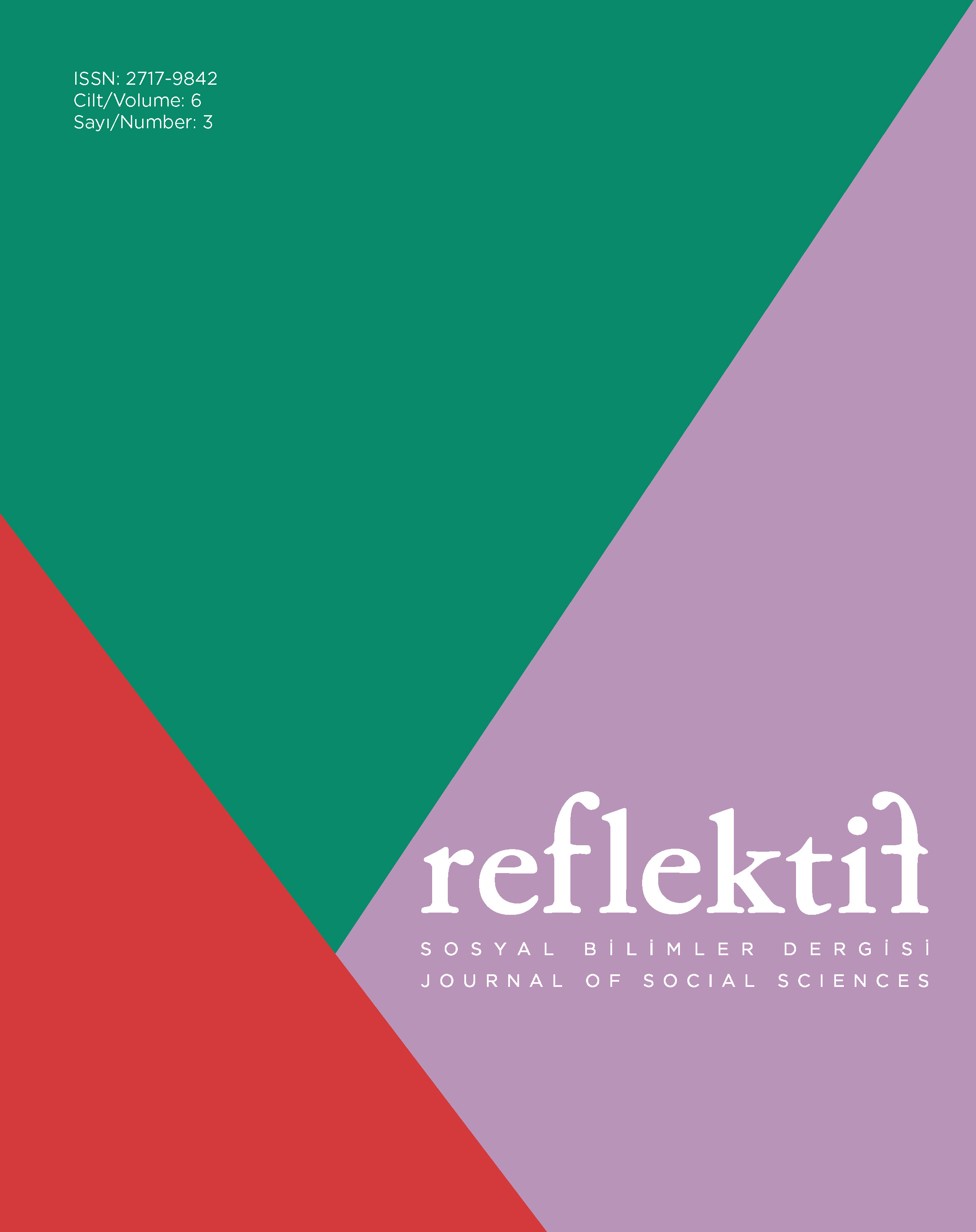AKP's Hagia Sophia Decision Amid Defeat, Victimisation and Demonstrations of Power
DOI:
https://doi.org/10.47613/reflektif.2025.253Keywords:
AKP, Hagia Sophia, Erdoğan, İstanbul, İmamoğluAbstract
Discussing the meaning, significance and function of the 2019 decision to re-convert Hagia Sophia to a mosque in terms of the AKP’s power position and strategy, this study is divided into two parts. The first part addresses the decision to turn Hagia Sophia into a museum within the context of the early Republican nation-state's objective of Westernisation, interpretation of secularism, considerations regarding minority groups, and conception of 'acceptable citizenship' so as to provide a background. In the second part, while the justifications of the AKP's decision to convert Hagia Sophia into a mosque is portrayed as a reactionary, symbolic and emotional process of a new national identity construction, political authoritarianism and related power and legitimacy deficits that has become more evident with the shift to the Presidential Government System is brought to the fore as the context facilitating this process. In doing so, the political leg of the hegemony project of a regime trying to hold-on to power and its the design to alter the nation-state’s identity will be connected.
Downloads
Published
How to Cite
Issue
Section
License
Copyright (c) 2025 Reyhan Ünal

This work is licensed under a Creative Commons Attribution-ShareAlike 4.0 International License.
All manuscripts which are submitted to the REFLEKTIF Journal of Social Sciences should not be published, accepted and submitted for publication elsewhere.
In case an article is accepted for publication it is allowed to combine the article with other researches, to conduct a new research on the article or to make different arrangements on condition that the same license is used including the commercial purpose.
As an author of an article published in REFLEKTIF Journal of Social Sciences you retain the copyright of your article and you are free to reproduce and disseminate your work.




